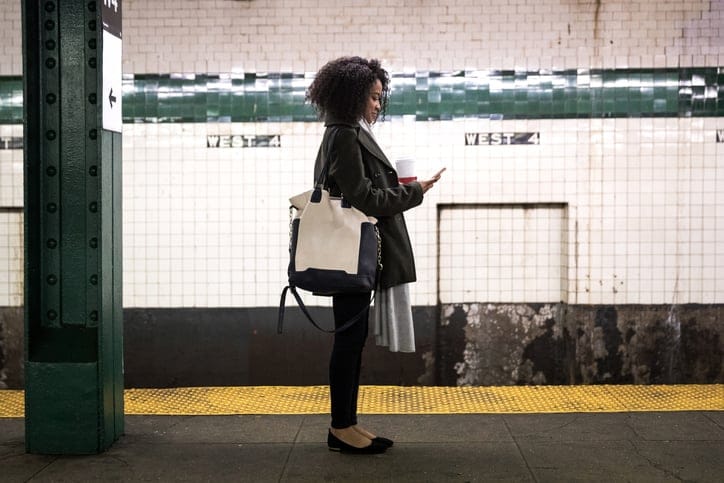Experiencing sexual assault can be a traumatic and terrifying thing, and for many women, the thought of reporting the crime is just as scary. After all, despite the progress we’re making with the #metoo movement, the fact is that it’s not easy to speak out about sexual assault, especially since cases are often ignored, not believed, or just never prosecuted. There’s also the fact that having to face your attacker in court during a trial is not something many women feel willing or able to do, which makes sense. Well, there’s a new app out which hopes to make getting justice a little bit easier.
JDoe, which was first released back in April, is an encrypted app which allows victims to report details of their assault, such as where and when it happened, along with the name of the suspect and any other details of the crime they can remember or are willing to share. This information is shared with other users anonymously, and victims are also connected to lawyers in order to pursue criminal charges if they want to go down that route. The app also alerts users to repeat offenders and offers ways for victims to link up for joint legal action. The alleged perpetrators are not notified in any way.
The app’s founder and CEO, 24-year-old Ryan Soscia, was inspired to start the app after he realized that he and several of his teammates and friends had all been victims of the same trainer. “What we [at JDoe] really try to focus on is enabling people to pursue justice together,” he told the New York Post. We’re trying to democratize legal services. … There’s power in realizing you’re not alone,” he says. “And that could be powerful throughput for the justice system.”
Soscia hopes that eventually JDoe will be a Yelp-like service, allowing victims to access a variety of services such as referrals for mental health professionals or even maps featuring visual displays of offender and assault locations.
While there are certainly kinks to work out in services like this—I imagine one of the biggest rebuttals will be the (somewhat bogus) concern about false allegations—I think generally, this is a really good thing. There’s strength in numbers and in knowing, as Soscia pointed out, that you’re not alone. It can make all the difference after a traumatic event, and it’s about time something like this was created.


